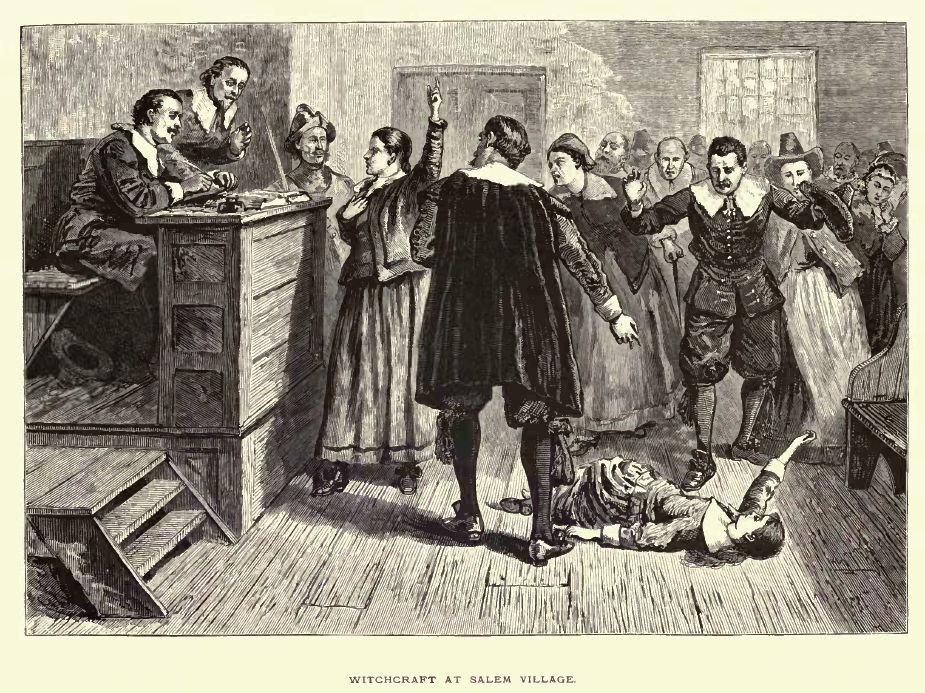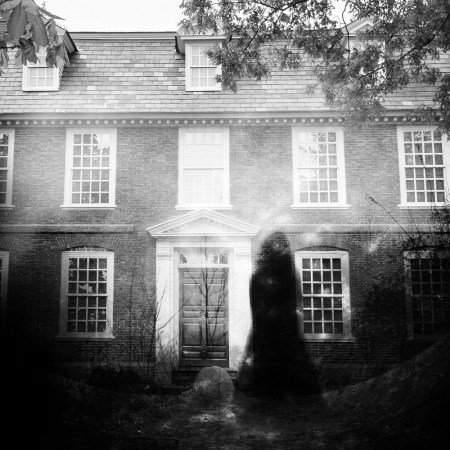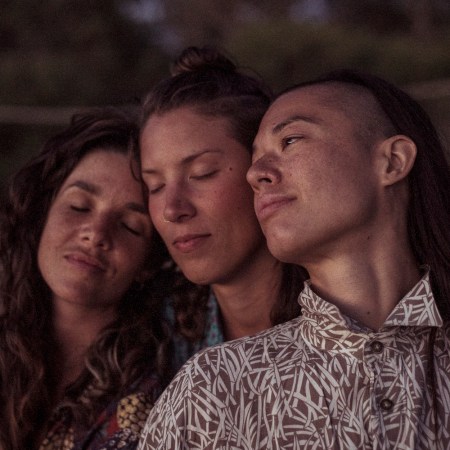The cultural legacy of the Salem Witch Trials has had a long reach over the centuries. It’s inspired everything from a meditation on McCarthyism to the greatest novel about field hockey ever written. But pop culture references and deep dives into history are only one part of the witch trials’ legacy, and another — and more visceral — aspect of them recently took its turn in the spotlight, en route to righting a historical wrong.
As The Guardian reports, the state of Massachusetts recently exonerated Elizabeth Johnson Jr., who was convicted of witchcraft in 1693. Unlike many who were also convicted of witchcraft, Johnson was not executed as a result — which might help explain why she was also never formally pardoned in the centuries that followed.
Last year, The New York Times offered more details about Johnson’s case — and the unlikely advocates who jump-started the effort to clear her name. In 2020, an eighth grade civics class began working to address Johnson’s case. According to the article, one of the reasons that her case stagnated while others did not was that she likely had no descendants — which meant that no relatives were there to step in and make the case for her innocence.
Several subsequent efforts to clear the names of those found guilty of witchcraft — both in the aftermath of the trials and in the 20th and 21st centuries — overlooked Johnson.
The students made contact with State Senatory Diana DiZoglio, who introduced legislation in the state government to address Johnson’s innocence — and, earlier this week, Johnson was exonerated. As The Guardian‘s article notes, this legislative act succeeded over three centuries after a 1712 attempt by Johnson herself was ignored.
Thanks for reading InsideHook. Sign up for our daily newsletter and be in the know.


















